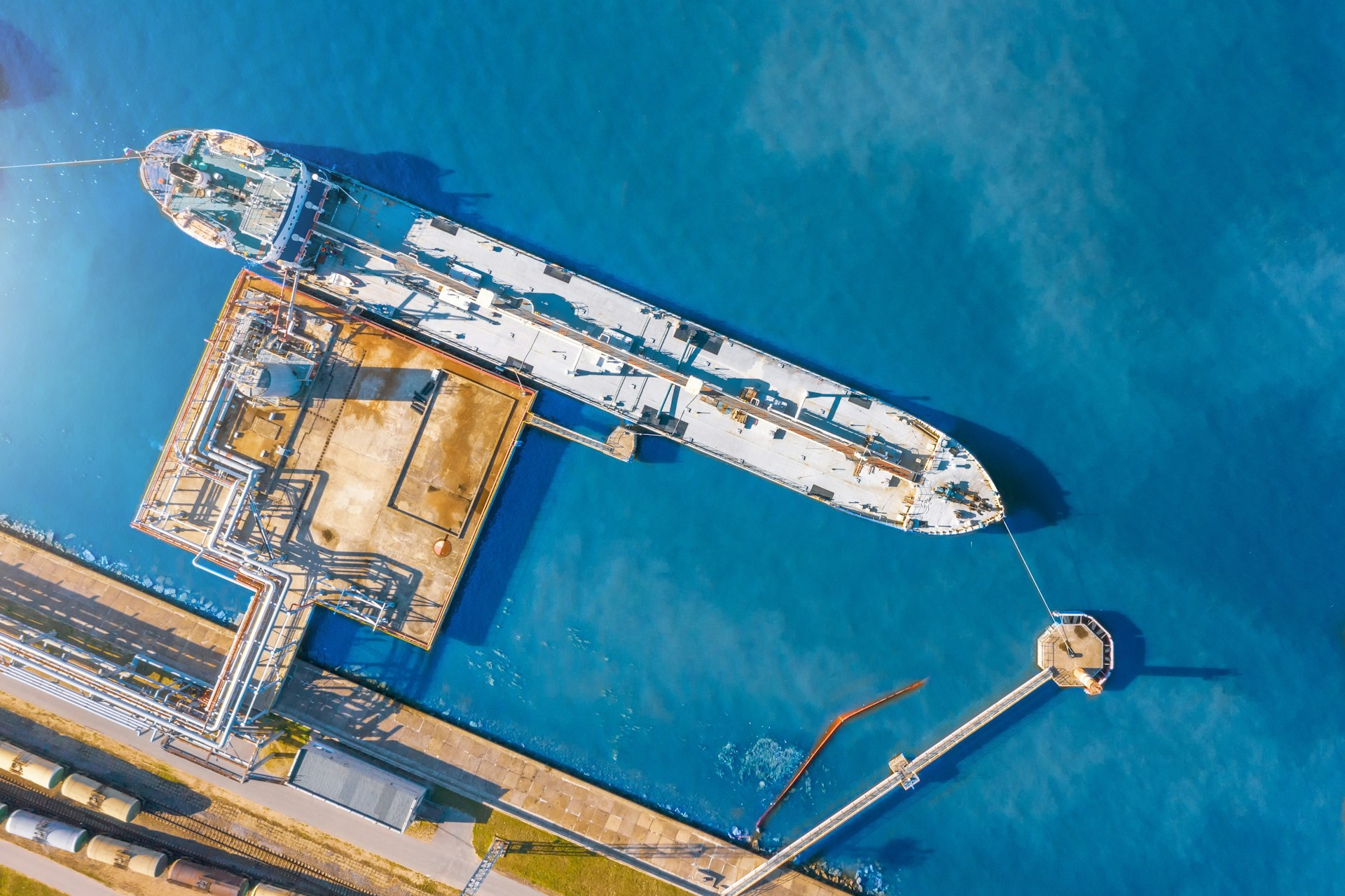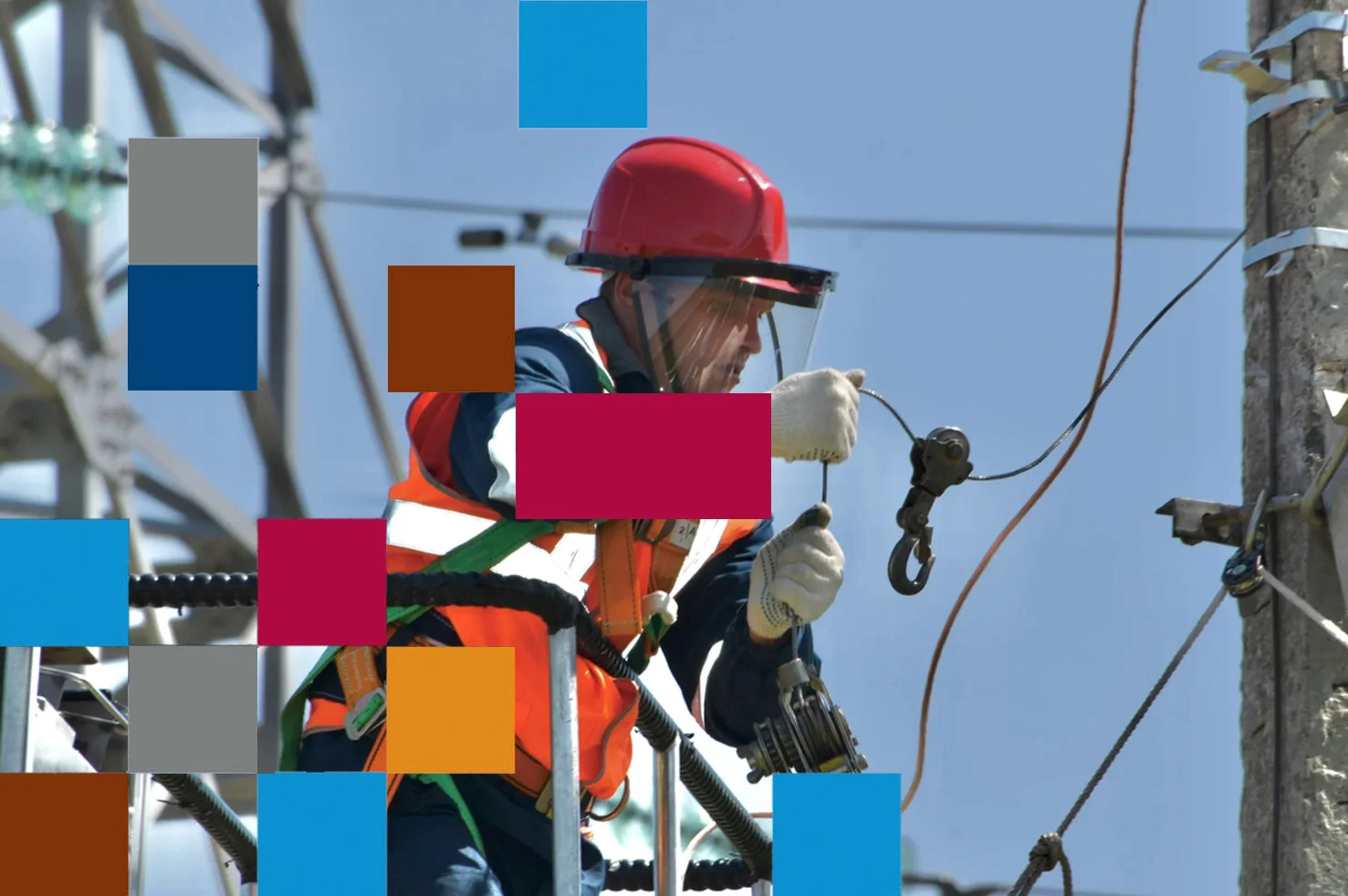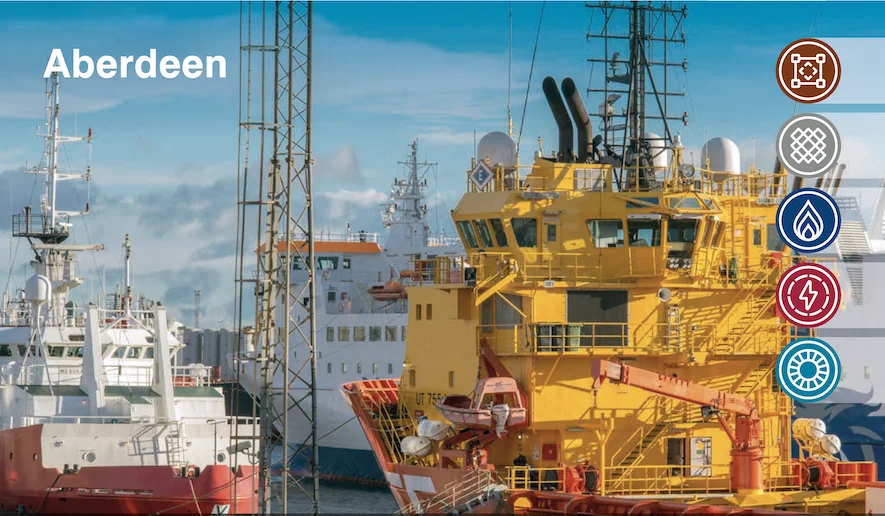
Upstream vs Downstream: Smarter Oil and Gas Recruitment
13 May, 20258 Minutes
Oil and gas recruitment has become more specialised than ever. Upstream, midstream, and downstream operations each come with their own hiring pressures, skill gaps, and workforce planning needs. Filling oil field jobs offshore isn’t the same as hiring engineers for a refinery, and a one-size-fits-all strategy won’t deliver the results companies need.
In this guide, we explore how oil and gas recruitment agencies adapt their strategies across the supply chain, and why aligning your approach to the realities of each sector helps reduce delays, improve candidate quality, and build stronger teams.
Why Recruitment Strategy Must Match Sector Demands
Oil and gas staffing works best when it’s built around the demands of each sector. The skills needed for offshore drilling aren’t the same as those needed in a refinery or along a pipeline route. Yet many companies still apply one hiring process across the board, and that’s where delays, turnover, and skill gaps start to build.
Here’s what makes each part of the supply chain different:
- Upstream: Nearly half of the global upstream workforce is over 45. Replacing that experience takes time, yet many younger professionals are choosing other sectors.
- Midstream: Pipeline, logistics, and compliance roles are getting harder to fill. Fewer candidates are available, and many have already moved into renewables or tech.
- Downstream: Chemical and process engineers are in short supply. The same skills are in demand across pharmaceuticals, manufacturing, and clean energy.
The risk isn’t just missing a hire. It’s slowing down projects, overloading existing teams, or losing out to better-prepared competitors.
Companies working with a specialist oil and gas recruitment agency are seeing better results. Why? Because they’re tailoring their approach. They know where skills are tight, where to move quickly, and where to build long-term hiring pipelines.
Upstream: The Pioneering Frontier
The upstream sector is the starting point of the oil and gas supply chain. It covers exploration, drilling, and extraction. This work is often remote, highly technical, and physically demanding, requiring experienced teams who can operate safely and efficiently in high-pressure conditions.
The Talent Imperative
Upstream success depends on a small group of highly skilled professionals:
- Drilling and petroleum engineers who design extraction plans that maximise output while protecting equipment and the environment
- Geologists and geophysicists who identify where to drill and assess long-term production potential
- Wellsite supervisors and offshore crews who manage day-to-day operations on rigs, platforms, and remote sites
These are not easy roles to fill. The technical requirements are high, and many of these professionals are already in short supply.
The Recruitment Reality
Upstream hiring managers face increasing pressure. The sector has one of the oldest workforces in oil and gas, with many engineers and field teams approaching retirement. At the same time, fewer younger professionals are entering the industry, especially in offshore roles.
Rotations, travel, and site-based work are harder to recruit for in a market where flexibility matters more. Sudden shifts in project demand also make it difficult to plan far ahead, which often leads to last-minute hiring and longer vacancy periods.
This is where specialist support matters.
A generalist approach to hiring won’t work in this part of the industry. You need access to professionals with offshore certifications, the right experience, and the ability to start quickly.
The Strategic Approach
Working with a specialist oil and gas recruitment agency gives you access to upstream professionals who are ready to move.
Whether you need to build a drilling crew fast or fill contract oil field jobs in line with an exploration window, the right oil and gas staffing partner will already have pre-qualified, available candidates in place.
This isn’t just about speed. It’s about reducing risk, improving project continuity, and making sure your teams are fully equipped to deliver — from the first drill to full-scale production.

Midstream: The Critical Connection
Midstream operations, including the transportation, storage, and initial processing of oil and gas, form the crucial bridge between production and the market. In this part of the supply chain, reliability and compliance are essential, and both depend on having the right people in place.
The Talent Imperative
Midstream excellence depends on professionals who ensure uninterrupted product flow:
- Pipeline engineers and integrity specialists who safeguard vast infrastructure networks spanning thousands of kilometres
- Logistics and supply chain coordinators orchestrating complex transportation systems across multiple modes and jurisdictions
- HSE and compliance professionals navigating increasingly stringent regulatory frameworks that govern every aspect of operations
These roles are central to the safe and efficient movement of oil and gas, and the demand for specialist expertise is rising.
The Recruitment Reality
Midstream hiring presents a unique set of challenges:
- An ageing workforce is creating critical knowledge gaps as experienced professionals retire
- Regulatory requirements demand specialist skills that generalist hires cannot fill
- The sector’s long-term stability calls for permanent talent investment rather than short-term fixes
For oil and gas recruitment agencies, this means looking beyond active applicants and building long-term pipelines of midstream talent. Many midstream roles are never advertised, especially those requiring regulatory experience or cross-border compliance knowledge.
The Strategic Approach
Midstream recruitment needs to support long-term operational stability. This part of the supply chain relies on well-planned infrastructure, consistent regulatory compliance, and specialist logistics oversight. When experienced professionals move on, the impact is felt immediately, particularly in pipeline integrity, supply chain coordination, and compliance roles.
The most effective midstream companies are starting early. They are identifying which teams are likely to face skills shortages, building internal mentoring structures, and creating a clearer route for technical professionals to develop within the business. This is especially important for areas like environmental compliance and cross-border logistics, where sector knowledge cannot be replaced quickly.
An experienced oil and gas recruitment agency can support this by sourcing professionals with a track record in midstream environments. Whether it’s helping to plan for future vacancies or advising on permanent versus contract hiring strategies, the right partner will bring insight into where talent is moving and how to secure it before a gap becomes a risk.
Downstream: Where Transformation Happens
The downstream sector covers the final stage of the oil and gas supply chain. It’s where raw materials are refined, converted into fuels or petrochemicals, and delivered to end users across commercial and consumer markets.
Here, every hour counts. From scheduled shutdowns to safety compliance, downstream teams work within tight timelines and complex regulatory frameworks. The success of these operations depends on a blend of technical expertise, precise planning, and rapid response.
The Talent Imperative
Downstream operations require a combination of steady in-house expertise and high-performing contractors ready to step in at short notice. Key roles include:
- Process and chemical engineers, who design and run critical refining processes while meeting performance and safety targets
- Turnaround and shutdown specialists, who manage the short, high-pressure maintenance windows where downtime must be minimised
- Retail and distribution managers, who oversee the safe movement of refined products through national and international supply chains
These professionals are not only expected to perform under pressure, but also to stay current with evolving safety, emissions, and compliance standards.
The Recruitment Reality
Hiring in downstream is increasingly difficult. Employers are competing with other high-demand industries such as renewables, pharmaceuticals, and advanced manufacturing for many of the same skills. That means:
- Fewer experienced candidates are available for core engineering roles
- Contracting windows are tighter, and mobilisation needs to be faster
- Regulatory pressures are increasing, with no room for compliance gaps
Downstream operations often rely on a mix of permanent staff and contract specialists, but managing that balance requires planning. Last-minute recruitment or unclear onboarding can put entire projects at risk.
The Strategic Approach
The most effective downstream teams are built using a dual recruitment model. Permanent hires provide operational consistency and institutional knowledge. Around that core, a flexible layer of contract professionals supports high-pressure or time-sensitive project phases.
What makes strategic recruitment different in downstream:
- Scheduled shutdowns and turnarounds need precise planning: These events often involve hundreds of contract workers arriving on site within a short window. Delays in recruitment can impact the entire operation.
- Safety and compliance leave no margin for error: All hires must be fully certified, site-ready, and capable of working within strict environmental and regulatory standards.
- Niche skills are often needed for short bursts of time: Whether it’s instrumentation, corrosion control, or emissions auditing, many technical requirements are temporary but critical.
Partnering with an experienced oil and gas recruitment agency makes it easier to balance this mix. The right oil and gas staffing partner will have access to specialist contractors, understand local site requirements, and support workforce planning in advance, not just when roles go live.
In downstream, timing and execution matter. The recruitment process should follow the same standard.

Why Tailored Recruitment Delivers Better Results
Each part of the oil and gas supply chain comes with its own hiring challenges. Upstream faces ageing teams and rapid project cycles. Midstream relies on long-term infrastructure and compliance continuity. Downstream demands fast-paced, high-pressure support during shutdowns and production peaks.
Generic hiring strategies rarely meet these needs. The companies seeing the best results are those working with oil and gas recruitment specialists who understand how each sector operates, where the gaps are, and how to secure the right people quickly.
Partnering with an experienced oil and gas recruitment agency doesn’t just improve hiring. It supports stability, safety, and performance across the entire operation.
Build The Right Team For Your Sector
At Orion, we work closely with clients across upstream, midstream, and downstream oil and gas. Whether you need permanent hires, flexible offshore recruitment, or specialist contractors for a shutdown project, we help you build a workforce that fits.
Speak to our team to find out how our oil and gas staffing solutions can support your business.


